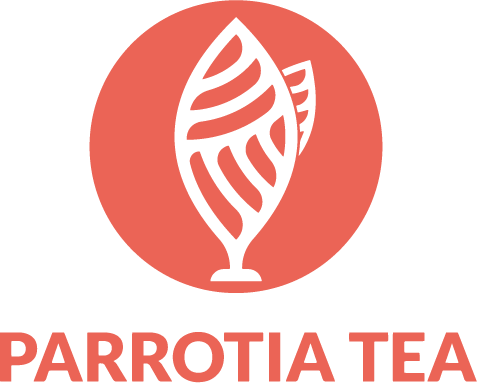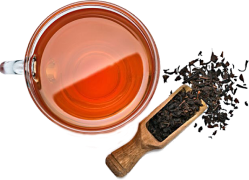Chamomile (Matricaria chamomilla or Chamaemelum nobile) is another well-known herb with a variety of properties and uses, particularly in traditional medicine and herbal remedies. There are two common types of chamomile: German chamomile (Matricaria chamomilla) and Roman or English chamomile (Chamaemelum nobile). Here are some of the properties and uses of chamomile:
1. **Anti-Inflammatory:** Chamomile contains compounds with anti-inflammatory properties, such as chamazulene and alpha-bisabolol. These compounds can help reduce inflammation when applied topically or consumed as tea.
2. **Calming and Relaxing:** Chamomile is often used to promote relaxation and relieve stress. Drinking chamomile tea can have a soothing effect on the nervous system, helping to reduce anxiety and tension.
3. **Digestive Aid:** Chamomile tea is known for its digestive benefits. It can help relieve symptoms of indigestion, bloating, and gas. Chamomile’s compounds may also help relax the muscles of the gastrointestinal tract.
4. **Sleep Aid:** Similar to lavender, chamomile is used as a natural remedy to improve sleep quality. Its calming properties can help induce sleep and alleviate insomnia.
5. **Anti-Anxiety:** Chamomile’s mild sedative effects can help reduce feelings of anxiety and promote a sense of calm.
6. **Skin Care:** Chamomile’s anti-inflammatory and antioxidant properties make it useful for skin care. It can help soothe irritated skin, reduce redness, and promote wound healing.
7. **Allergy Relief:** Chamomile’s anti-inflammatory effects might offer relief for allergy symptoms, such as congestion and itchy eyes, when consumed as tea or used in steam inhalation.
8. **Menstrual Pain Relief:** Drinking chamomile tea may help ease menstrual cramps and discomfort due to its muscle-relaxant properties.
9. **Antioxidant Properties:** Chamomile contains antioxidants that can help protect cells from oxidative stress and contribute to overall health.
10. **Anti-Bacterial and Antifungal:** Chamomile’s essential oils have demonstrated mild antibacterial and antifungal effects, which can be helpful in supporting skin health and preventing infections.
11. **Mouth and Gum Health:** Rinsing with chamomile tea may provide relief from mouth sores and gum inflammation due to its anti-inflammatory and soothing properties.
12. **Hair Care:** Chamomile can be used to enhance hair health and appearance. It’s often used in hair rinses to add shine and lighten hair color naturally.
13. **Eye Health:** Chamomile tea bags, when cooled and placed over closed eyes, can help relieve eye irritation and puffiness.
Chamomile is generally considered safe for most people when consumed in moderate amounts, such as in teas. However, if you are allergic to plants in the Asteraceae family (like ragweed, marigolds, or daisies), you might be sensitive to chamomile as well. As with any herbal remedy, it’s a good idea to consult with a healthcare professional before using chamomile for medicinal purposes, especially if you are pregnant, nursing, or taking medications.




